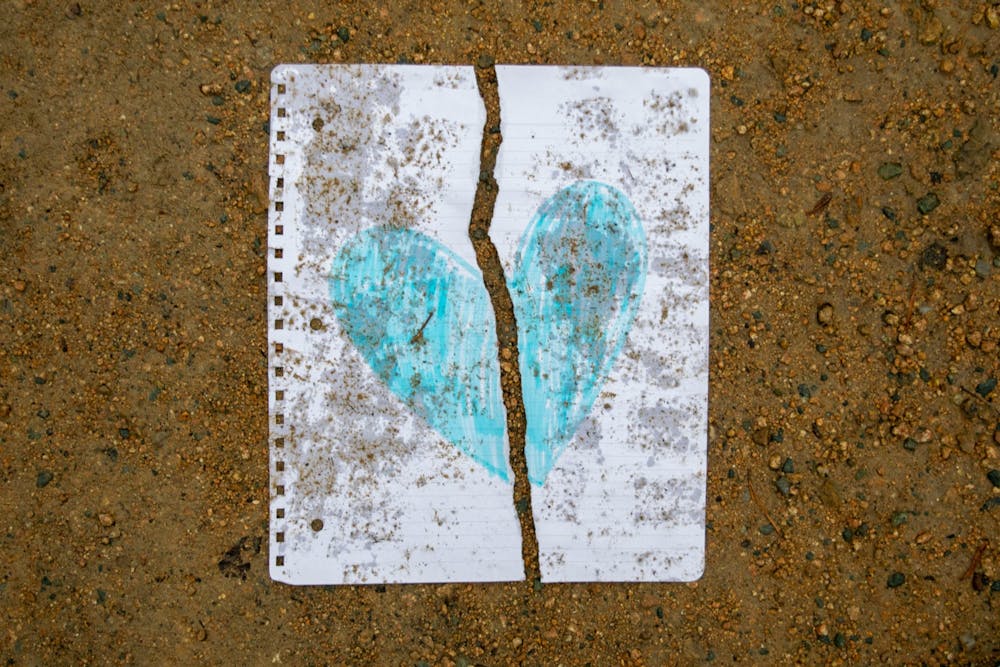Who was your first platonic heartbreak?
We often hear people’s poetic complaints about the hurt and lingering love after a romantic breakup, but not so much about platonic breakups. Why is that the case?
It can be difficult to define the parameters of a friendship breakup. Is it just a break or are we completely cutting the ties? How are we going to act in front of mutual friends?
Questions like these are not easy to answer.
There also aren't many clear guidelines for navigating platonic breakups. More often, we choose avoidance over communication. Marisa G. Franko, a professor and author of the book "Platonic," writes in Well+Good, "since (friendships are) rigged with ambiguity, a lot of us are more likely to ghost and not address the issue." Though this solution is less awkward at the moment, it is not the same as getting closure, nor is it beneficial in the long run.
There’s never been a shortage of media coverage on romantic breakups. SAGE Journals published data showing that, from the 1960s to 2000s, the percentage of top 40 songs featuring romantic and sexual relationships was over 90 percent. In comparison, songs about friendship took up merely 6.7 percent of the top 40. When it comes to breaking up with a friend, it feels like we are on our own.
For college students who are exposed to constant social interaction, not talking about platonic breakups can be especially problematic.
According to Psychology Today, platonic loss, not from death but from a friend breakup, is just as painful as a romantic one. It can lead to psychological symptoms of anxiety and “depression with feelings of worthlessness, hopelessness and helplessness.” And the less we talk about it, the more we internalize it.
To properly resolve a platonic conflict, here are some questions to help you analyze the situation and process a potential breakup.



